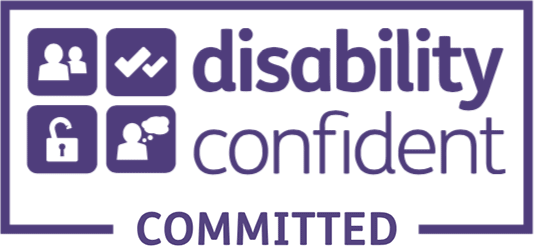Depression advice for family and friends
When a partner, family member or friend is living with depression, your support can play an important role in their recovery.

Your encouragement can help them cope, help them to overcome negative thoughts and feelings and most importantly, remind them that they are not alone.
We have put together some suggestions on how you can support someone you care for who has depression.
Reach out and start the conversation
Often people can find it hard to open up and talk about how they’re feeling. They might not know how to start the conversation, where to begin discussing their emotions or even realised their behaviour has changed.
By reaching out to someone, whether this is in person or on the phone, you can help start the conversation and encourage them to talk about what they’re experiencing. This could be as simple as asking ‘how are you’ or ‘how have you been feeling lately’ and really listening to the answer. Often the best thing you can do is listen and let them know you’re here for them and it’s ok to talk.
Ask them if there is anything you can do to help and always be patient and offer reassurance. This may be a big step for them.
Time to Change have a great conversational starter print out that may help you get the conversation started.
Keep in touch
It’s important to keep in touch and let the person know you’re still here for them. This could be a quick phone call or even a text message just to see how they’re getting on. It’s a little gesture that can make a huge difference.
Don’t treat them differently
It’s important not to treat them any differently. Depression is a set of symptoms and doesn’t define someone. They’re the same person they have always been so keep doing things you have always done together.
Depression can sometimes make socialising hard, but continuing to invite them out can mean a lot.
Support them to access help available to them
You can’t force someone to get help if they don’t want it, but you can support them if they do. Do some research on the support that’s available to them and talk through the options together. If they have an appointment to see their GP or a group therapy session, offer to go with them, even if you don’t go into the room. Having someone to attend the appointment or sessions with them may alleviate some of their worries or concerns.
There’s lots of help out there if you know where to look. To get you started, we have compiled a list of resources that may help.
Mind provide advice and support to empower anyone experiencing a mental health condition.
Elefriends is Mind’s online community for people experiencing a mental health condition. It’s a supportive, friendly and helpful community of people where you can post anonymously.
Rethink offer advice and information, services and groups for people with a mental health condition as well as campaigning for change.
They have an advice line and an online chat service that you can access for free.
Depression UK is a national self-help organisation helping people cope with their depression.
NHS Choices provides information on the treatments and help that is available to you through our NHS.
Samaritans is a safe place to talk any time you like, in your own way. They offer a 24-hour helpline for people struggling to cope.
If you found this page useful, please share and help others find it






